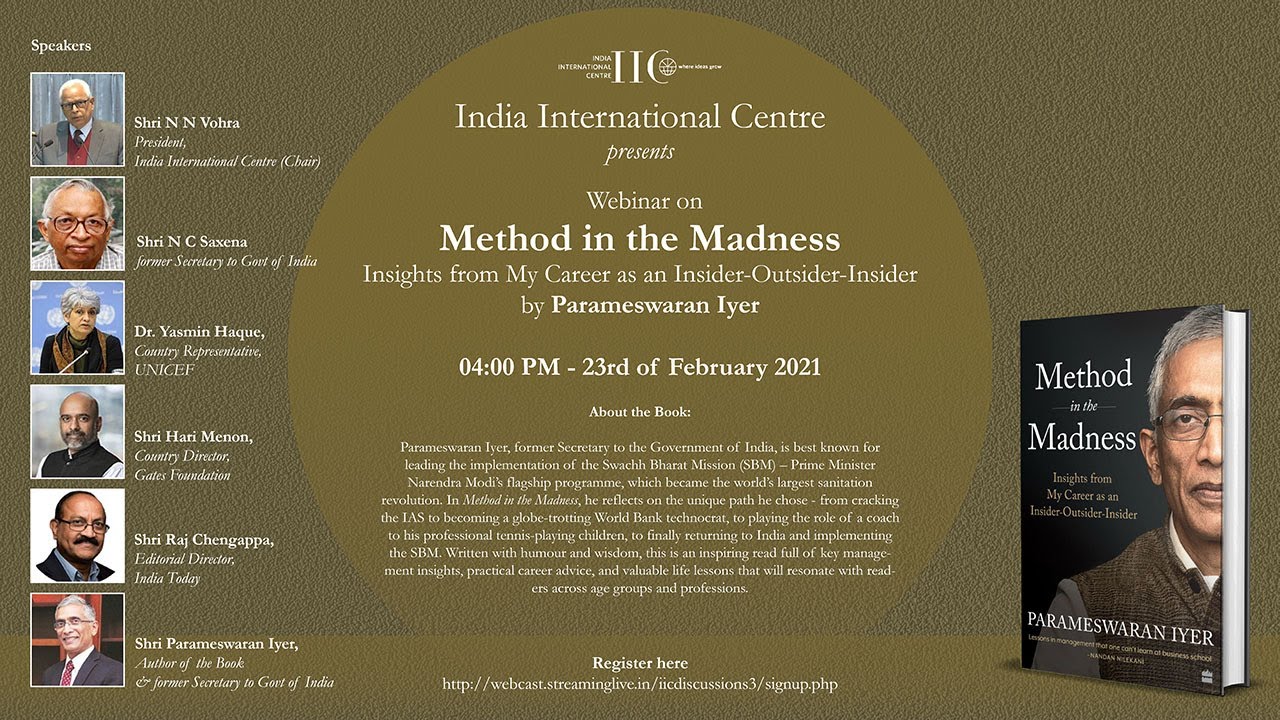‘Seeing through the viewfinder’: Ishu Patel
A selection of short animation films by Ishu Patel, acclaimed animation film director/producer and educator whose films have received theatrical and television distribution worldwide. His many international awards include two Oscar Nominations, the Silver Bear at the Berlin Film Festival, the British Academy Award, and the Grand Prix at both Annecy and the Montreal World Film Festival. Four shorts produced by National Film Board of Canada will be screened.
Bead Game (5:36 min; 1977)
Recipient of the award for Best Short Fiction Film, British Academy of Film and Television Arts, 1978; Award of Excellence, Film Advisory Board, USA 1978; Special Prize for Animation, International Documentary and Short Film Festival for Cinema and Television, Leipzig, German Democratic Republic, 1977; among others
Inspired by the bead work of Inuit women, in this animated short, thousands of beads are arranged and manipulated, assuming shapes of creatures both mythical and real. They continually devour, merge, and absorb one another in explosions of colour. The increasing aggression shown by the creatures in Bead Game was intended as a cautionary tale about human hostility and nuclear weapons.
Afterlife (7 min; 1978)
Recipient of the Grand Prix, 12th International Animation Festival, Annecy, France 1979; Outstanding Achievement Award, London Film Festival, 1979; Silver Hugo, 16th International Film Festival, Chicago, 1979; among others
The film attempts to answer the eternal questions, What is dying? And how does it feel?
Top Priority (9:12 min; 1981)
Recipient of the Blue Ribbon Human Concern Award, 25th American Film Festival, New York 1983; Best Short Film, Seaman International de Cinema, Spain 1982; and Special Recognition of Merit, Los Angeles Film Exposition Filmex, 1982
Set in an unspecified Third World country, this animated film, based on a short story by Enver Carim, suggests that "top priority" means different things to governments and to the governed.
Paradise (15:23; 1984)
Recipient of the Silver Berlin Bear Award, Berlin Film Festival 1985; Special Jury Prize, 25th International Animation Film Festival, Annecy, France 1985; First Prize, Los Angeles International Animation Celebration, Los Angeles 1985; among others
Paradise is based on a cautionary tale that Patel’s father told him as a boy: a blackbird in a forest covets the high life and status of a beautiful palace bird who dances for an emperor in a gilded palace…














